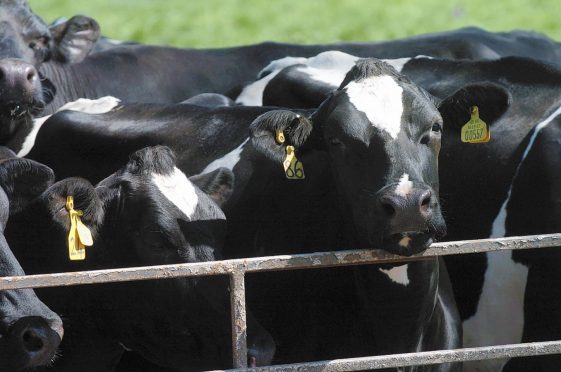The falling price of milk and livestock in the UK has knocked results for agricultural giant Carr’s Group.
The Carlisle-based group also said its milling division was affected by floods that hit the Lake District last year.
The company, which operates 20 Carrs Billington stores at sites including Perth, Stirling and Oban, said feed block sales volumes in Europe, fell by 5.4% as a result of low farmgate milk prices, an issue which also hit the UK business. This, plus mild winter weather and low livestock prices meant sales volumes of feed blocks in the UK fell by 2.8%.
Meanwhile, one of Carr’s major customers – thought to be McVitie’s – was hit by the floods in Cumbria at the end of 2015, leading to a “consequential impact” on food sales volumes. However, Carr’s said underlying sales volumes grew by 0.4% and that it doesn’t anticipate any notable financial impact, thanks to having business interruption insurance cover.
Pretax profit in the half-year ended February 27 edged down to £10.5million from £10.6million in the corresponding period a year earlier, as revenue decreased to £189.1million from £208.6million.
Carr’s said that while it achieved an “outstanding” performance from its US feed block business, agricultural market conditions in the UK continued to deteriorate.
Sales volumes of branded feed blocks in the US grew by 12% in the half, driven by favourable weather conditions, an ongoing increase in the size of the beef herds, and continuing investment in operations, Carr’s said.
The engineering division suffered a slow start to the year due to the phasing of contracts and following the refocus of the UK manufacturing business towards the nuclear sector. Operating profit declined by 58% in the first half, but Carr’s said full-year expectations remain unchanged as it commences work on new contracts with orders booked through 2017.
Chief executive Tim Davies said: “The UK agricultural market has suffered from the depressed farm gate milk and livestock prices and we expect this to continue through 2016 and 2017, which will directly adversely impact our UK farm customers.”
